Description
Angkor Vat
Angkor Vat Temple is an architectural complex located in Siem Reap Province, Cambodia. It is considered one of the most important religious monuments in Southeast Asia and is also the largest temple in the world. It was built in the 12th century by King Suryavarman II as a memorial to himself and as a place of worship for the Hindu god Vishnu.
Angkor Vat Temple is located in a temple complex which also includes other buildings such as Bayon Temple, Baphuon Temple and Ta Prohm Temple. Angkor Wat is the largest and most imposing of all the temples in the complex, measuring 162 meters wide and 213 meters long. It is surrounded by a large basin called the Baray which is approximately 3 km long and 1.5 km wide. The temple itself is built on an artificial hill which is surrounded by a large stone wall. It is made up of five main towers, each representing an important religious symbol.
The main entrance to the temple is located in the east, where there is a large wooden door decorated with carved designs. Passing through this gate, one can see a large central courtyard, which is surrounded by colonnaded galleries. The walls of these galleries are covered with detailed bas-reliefs that depict scenes from daily life, battles and religious ceremonies. These bas-reliefs are considered one of the highlights of Angkor Vat architecture. The scenes show battles, religious processions, hunting scenes, fishing scenes, scenes of daily life, scenes of labor, scenes of entertainment, scenes of marriage, scenes of offerings, scenes of devotion, scenes of birth, scenes of death, scenes of judgment, scenes of reward, scenes of punishment, scenes of beliefs, scenes of miracles, scenes of metamorphosis, scenes of travel, scenes of construction, decoration scenes, ceremony scenes, legend scenes and mythology scenes.
The main structure of the Angkor Wat temple is a large central building which is surrounded by four towers. There are five terraces surrounding the central building, each with steps leading to the top. The top of the central building is the highest point of the temple, where the statue of Vishnu is located. There are bas-reliefs and sculptures inside and outside the temple that depict scenes from Hindu mythology, battles and religious ceremonies.
In the center of the central courtyard is a large water basin, which was used for religious ceremonies. Beyond this pool, one can see a large pyramid-shaped tower, which is the highest point of the temple. This tower is decorated with sculpted motifs and frescoes, which depict scenes from the life of Vishnu. It is possible to climb to the top of the tower to have a breathtaking view of the temple and the surrounding area.
The Angkor Wat temple is considered one of the world’s architectural masterpieces and is a symbol of ancient Cambodian culture. It was inscribed on the UNESCO World Heritage List in 1992 and is considered one of the most visited sites in Southeast Asia. It attracts thousands of tourists every year to admire its grand architecture and rich history.
Over the centuries, the Angkor Wat temple has suffered significant damage from bad weather, encroaching vegetation and looting. Since the 1990s, restoration work has been undertaken to stabilize the structures and restore the bas-reliefs and sculptures. These efforts have been widely praised by world heritage experts and visitors to the temple.
In summary, Angkor Wat Temple is an impressive architectural complex built in the 12th century by King Suryavarman II as a memorial to himself and as a place of worship for the Hindu god Vishnu.
Architecture
The architecture of Angkor Vat is unique and remarkable. It is built in a traditional Khmer architectural style, with a central tower called “prasat” surrounded by galleries decorated with bas-reliefs and statues of Hindu deities. It is also decorated with bas-reliefs which represent scenes from daily life, mythological scenes and religious scenes. The central tower is one of the most impressive features of Angkor Vat, standing 65 meters high and 37 meters wide.
The main tower is surrounded by 4 other towers which are connected to the main tower by galleries and corridors.
The central tower is dedicated to the Hindu deity Vishnu and is decorated with bas-reliefs and statues which represent different incarnations of Vishnu and other Hindu deities. The galleries are also decorated with bas-reliefs which depict scenes from daily life and mythological scenes and religious scenes. The temple is also surrounded by a large pond called a “dam” which was used to store water for irrigating fields.
The architecture of Angkor Vat is characterized by its harmonious proportions, elaborate details and intricate decorative designs. It is built of sandstone, a strong and durable stone used for the construction of Khmer temples. The sandstone is precision cut to fit together perfectly, without the use of mortar or cement. This allowed the temple to withstand the elements for centuries.
Visit
The Angkor Vat temple is one of the most famous and most visited sites in Cambodia. It is located in the town of Siem Reap, near the city of Angkor, and is considered one of the most important temples in the region. It is also one of the few temples in Angkor that is still in religious use today.
The visit to Angkor Vat begins with a long drive through the tropical jungle to arrive at the main entrance of the temple. It is possible to rent a bike or take a tuk-tuk to get there. Once at the entrance, you have to cross a large pool of water to reach the main entrance.
The temple is surrounded by a large surrounding wall that measures over 200 meters long and 180 meters wide. It is decorated with bas-reliefs representing scenes from the daily life of the inhabitants of the time, as well as scenes of war and hunting. There are also statues of deities and demons, as well as scenes from the Indian epic Ramayana.
Once inside the enclosure, one can see the main temple which is built in the shape of a five-story pyramid. It is decorated with bas-reliefs and statues that depict scenes from the life of Buddha. There are also statues of kings and queens who reigned at the time the temple was built.
The temple is also surrounded by a large pond which was used for religious ceremonies. It is possible to rent a boat to take a cruise on the basin and admire the temple from the water.
Visiting the Angkor Vat temple can take between 2 and 4 hours depending on one’s interest in history and architecture. It is advisable to visit the temple early in the morning or late in the afternoon to avoid crowds of tourists. It is also possible to hire a guide to learn more about the history and architecture of the temple.
In conclusion, the Angkor Wat temple is a must-visit place for anyone visiting Cambodia. It is filled with history, culture and spirituality, and is a testament to the architecture and ingenuity of the ancient Khmers. Visiting the temple is a unique and memorable experience, which will leave you with lasting memories.
Opening hours
Most temples are open from 7:30 a.m. to 5:30 p.m. daily.
- Angkor Vat : 5h – 17h30
- Baphuon : 7h30 – 17h30
- Banteay Srei : 7h30 – 17h30
- Bayon : 7h30 – 17h30
- Bakheng : 5h – 19h
- Srah Srang : 5h – 17h30
- Pre Khan : 7h30 – 17h30
- Prè Rup : 5h – 19h
- Phnom Bakheng : 5h – 19h
Times given as an indication, but guides and tuk-tuks know them very well.
You will easily find restaurants and merchants that offer good meals with good Khmer recipes for your meals during your visit.
On the site, you will also find where to stay during your stay in Cambodia.
Listing Features
Working Hours
- Monday 5:00 AM - 5:30 PM
- Tuesday 5:00 AM - 5:30 PM
- Wednesday 5:00 AM - 5:30 PM
- Thursday 5:00 AM - 5:30 PM
- Friday 5:00 AM - 5:30 PM
- Saturday 5:00 AM - 5:30 PM
- Sunday 5:00 AM - 5:30 PM
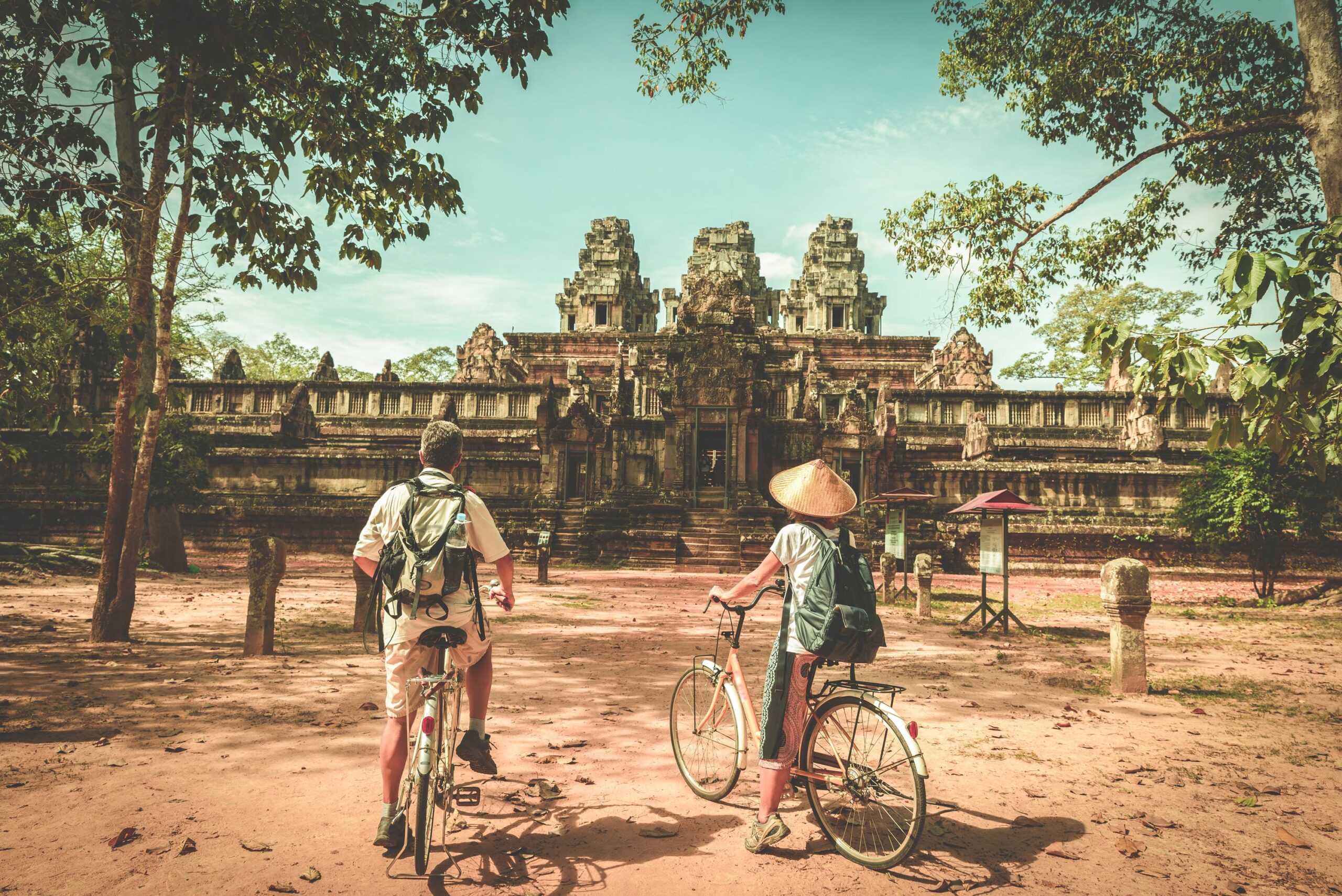
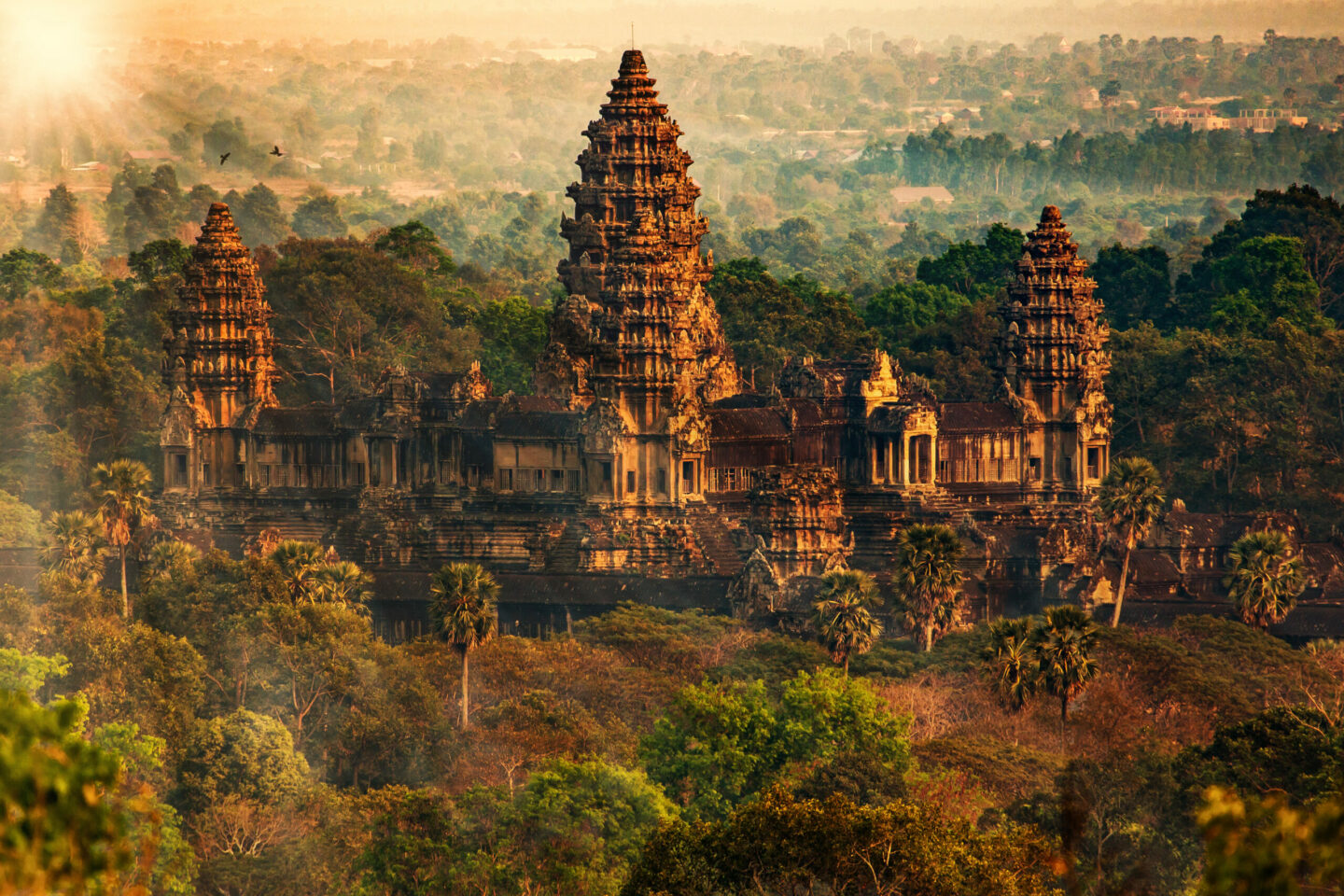

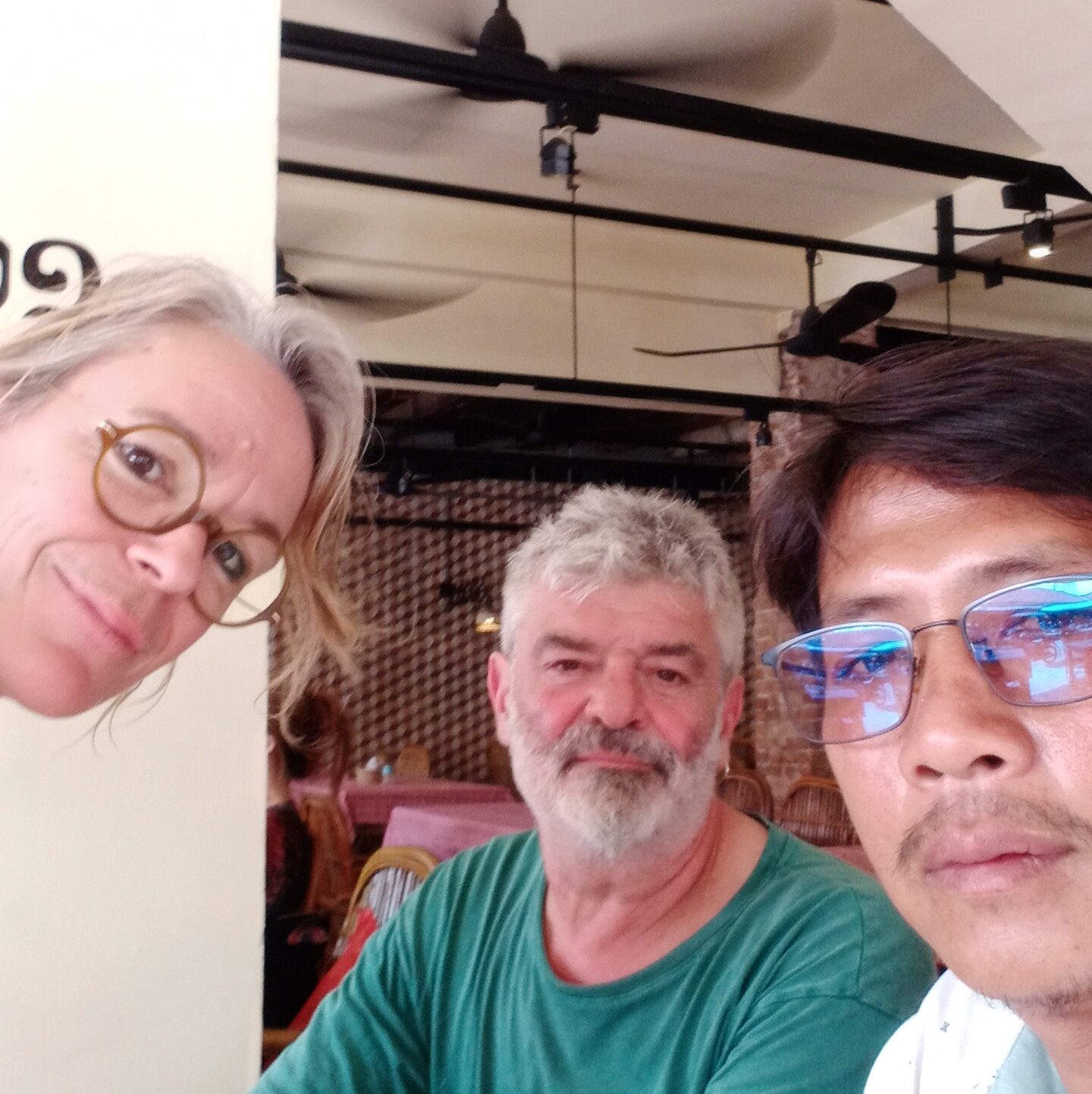
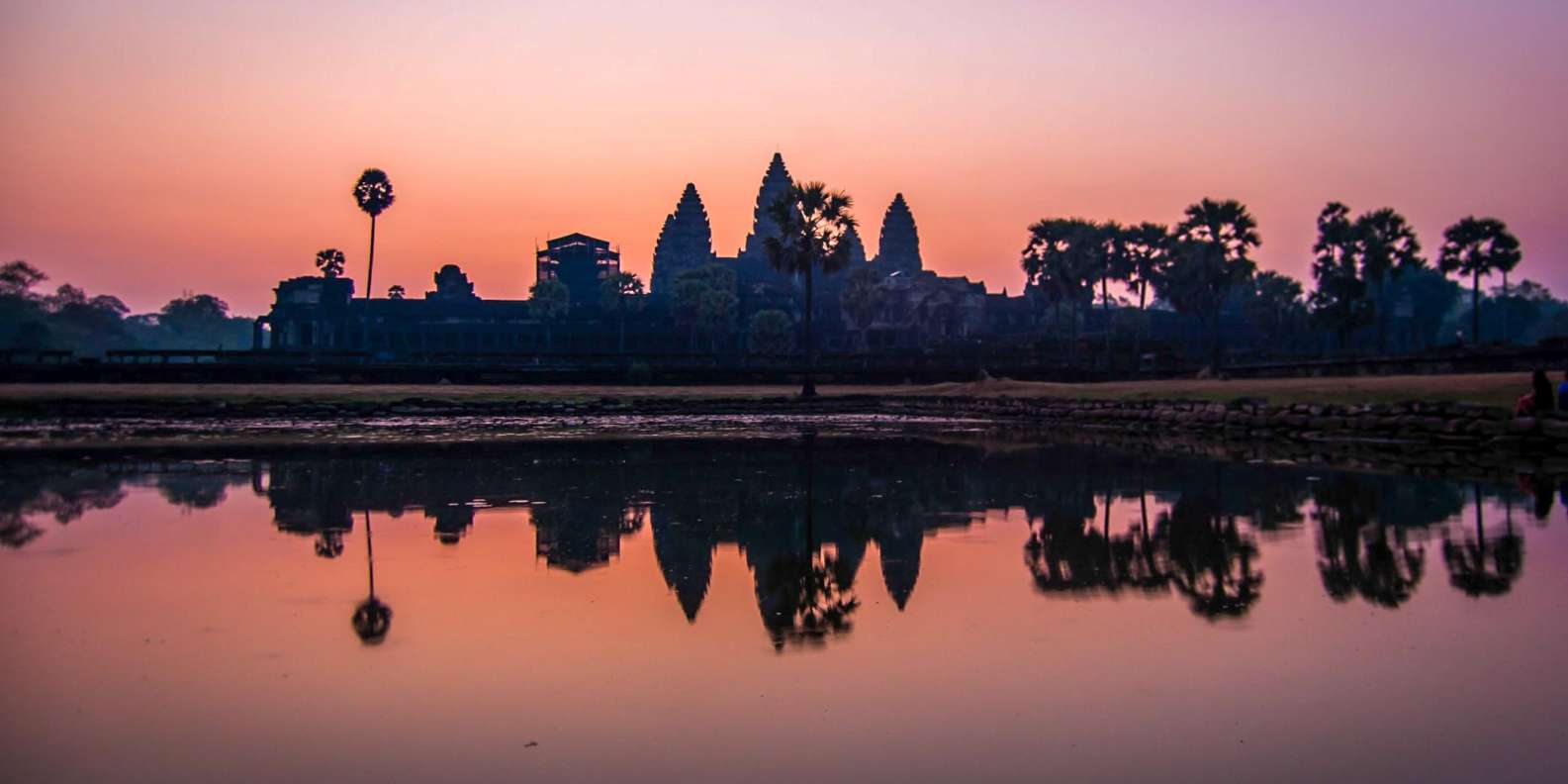
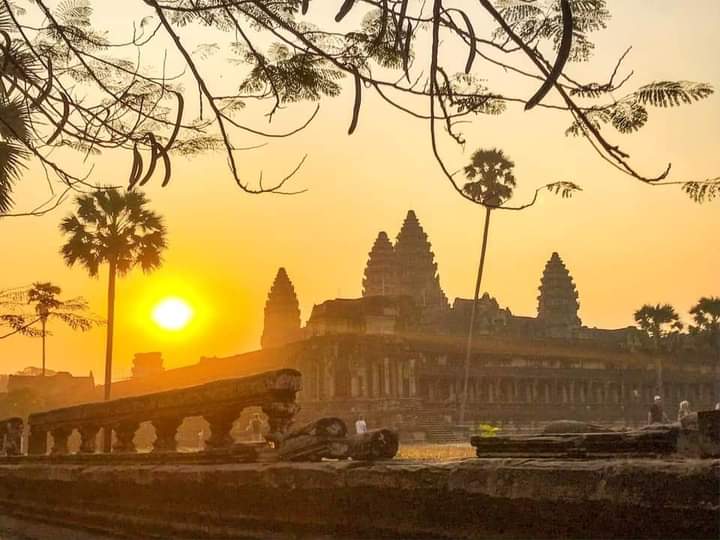
Add Review